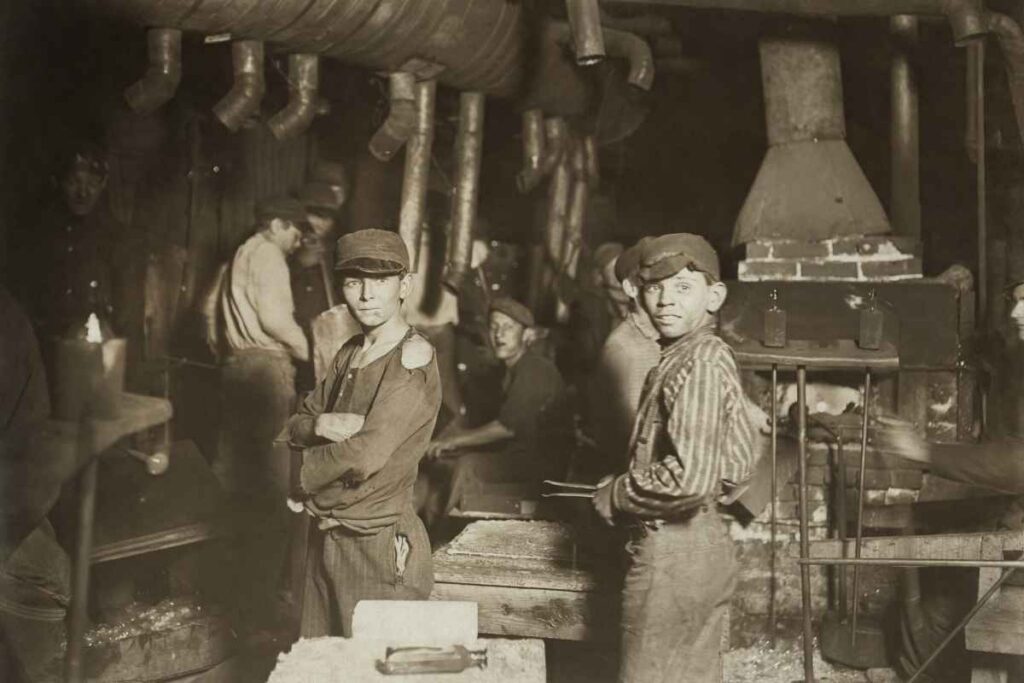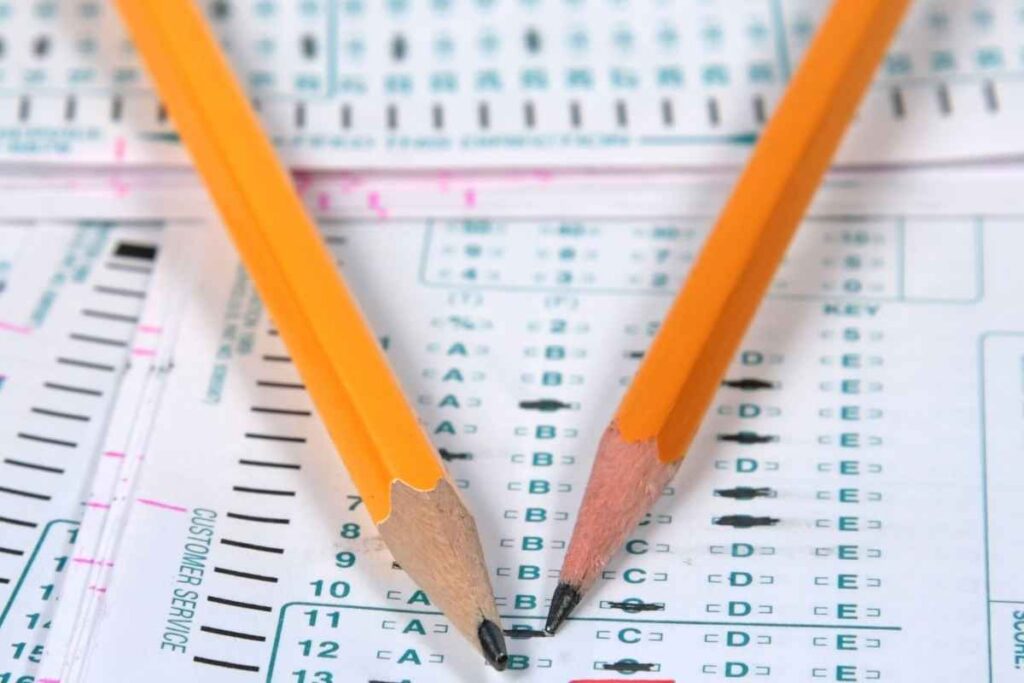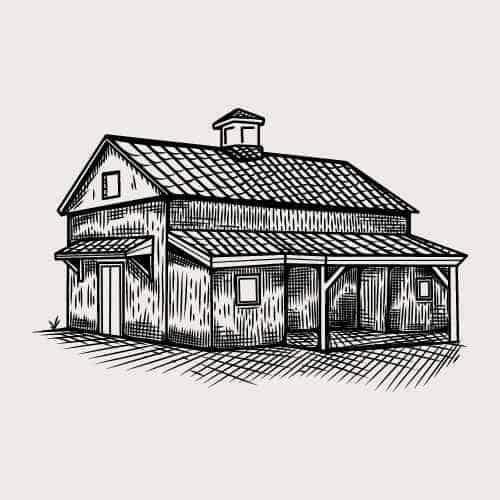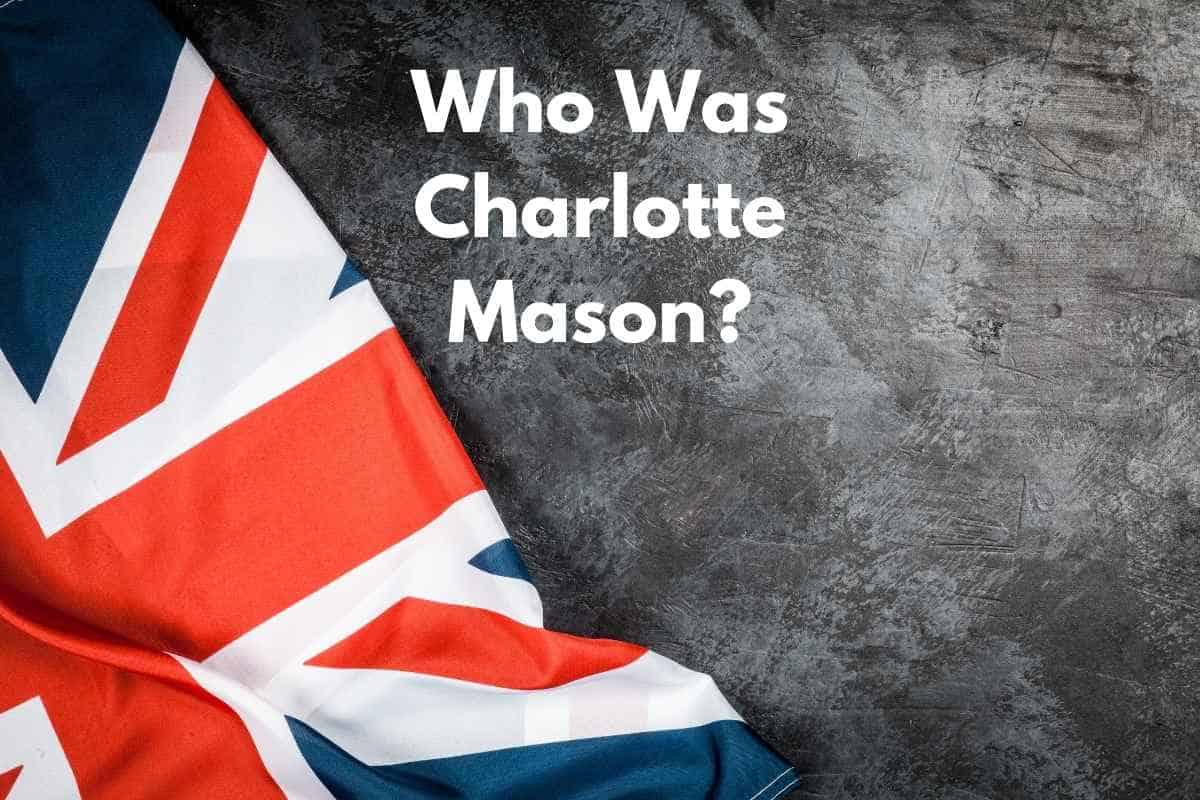This site contains affiliate links to products. We may receive a commission for purchases made through these links. See the full affiliate and privacy policy disclosures here.
Who was Charlotte Mason?
The dry “textbook” answer is that Charlotte Mason was a British educator and reformer from the late 1800s until she died in 1923. She taught and lectured at Davison School, Bishop Otter Teaching Training College and later established the House of Education training school in Ambleside, England. Mason trained governesses, parents, and others who educated young children. So, what makes her relevant today?
Mason was decades beyond her lifetime when it came to understanding education, educational reform, the value of character, and how character strength or weakness leads to changes in society as a whole. Her philosophies on education have forever changed education in many areas of the world, including the United States and the homeschooling movement. Charlotte Mason has much to teach us about the current state of education and, even more importantly, how we got to the precipice of having such an ethically degraded society.
What Makes Charlotte Mason Relevant in the Modern Era
During Charlotte Mason’s lifetime, the educational system in Britain was drastically changing, albeit not always in a positive way.
Earlier in Britain’s educational history, there had been a stark difference in education by social class. At that time, only the upper class was educated in the fine arts, studied abundant amounts of literature, and was expected to have a broad educational base. The working class was often ill-viewed in society (see the late 1700s through the 1800s on this education in England timeline).

The answer to this was state-funded schools and eventually compulsory attendance for all children.
Maybe that doesn’t sound so bad, but unfortunately, its primary goal was NOT the welfare of the working class. The expectation was that they were to become part of the laboring class economy to help with the demands of the Industrial Revolution. Now, instead of families passing down their specific trades and apprenticing their children in both their chosen trade and values, they were to be educated by the government. The Industrial Revolution saw the beginnings of the people that were to be educated as cogs in a wheel, much like the assembly lines that they were destined to become a part of.
This resulted in the following:
- increased demand for labor workers to enter the economy
- increased reliance on exams in the education system to gauge student’s “success”
- less emphasis on developing personal character and values
- more emphasis on rote memorization
Sound familiar? History does seem to repeat itself.

Unfortunately, the United States education system followed a very similar timeline. We have focused way too much on student’s intellect instead of on things that make up the whole of a person’s God-given uniqueness, particularly where character development is concerned. The results of this can be seen in the degradation of our society as a whole.
Culture results from actions taken on ideals that trickle down and eventually change society.
What is Charlotte Mason Style Homeschooling?

Idealistically
I’m sure Charlotte Mason didn’t do everything right all the time (she was a human, as we are, after all), but she was certainly on the right track. She recognized that God created each person with their strengths, weaknesses, giftings, and struggles. She acknowledged that full development required meeting the needs of the entire person, not only intellectually; but also the soul, emotions, will, body, spirit, and mind.
As a homeschool parent, the focus should be on assisting our children in growing into the individual God created them to be. Sounds like a hefty charge, no? We aren’t responsible for the final result; we are only accountable to continue moving forward in faith and do our best.
Thankfully, God fills in the holes where we may be inadequate. We aren’t called to be our child’s savior. We are called to point them to our savior. By working with the tools God has given us, we can encourage our children in their journey toward becoming a light in the dark world.
In Practice
This means providing the framework and opportunities for our children to grow as a person. The easiest way to think of this is by “setting a feast” before your child.
Fun Facts…
Parent’s National Educational Union (PNEU)
To provide resources and encouragement to teachers and homeschool parents, Mason also formed the Parents’ Educational Union. This became known as the Parents’ National Educational Union (PNEU). This sparked another movement that philanthropist Henrietta Franklin championed. Franklin traveled throughout America, Europe, and South Africa, speaking on behalf of the PNEU.
Influence in the Formation of the Boy Scouts in 1907
The formation of the Boy Scouts as a formal group was inspired by some of Ambleside’s governesses reading Captain R.S. Baden-Powell’s Aids to Scouting for N.C.O.’s and Men to young boys in their charge.
Don’t miss out! Subscribe below for the latest updates for the Charlotte Mason Homeschooling Series, including:
- A deep dive into Charlotte Mason-style homeschooling methods
- Living books lists
- What a Charlotte Mason homeschool day looks like
- Upcoming “Guide to Build Your Living Books Library”



Great post! I like using a well-rounded system of education. Education is so much more than what kids get in public school these days. That’s why we pulled our kids out!
Really enjoyed this article!
Excellent post! Thank you for the information and inspiration!
Such a well laid out post, we are getting more excited (yes scared too, but mainly excited) to start our homeschooling journey after next year
That’s exciting! Starting out can feel scary but it gets so much easier as time goes on. You are your child’s best teacher!